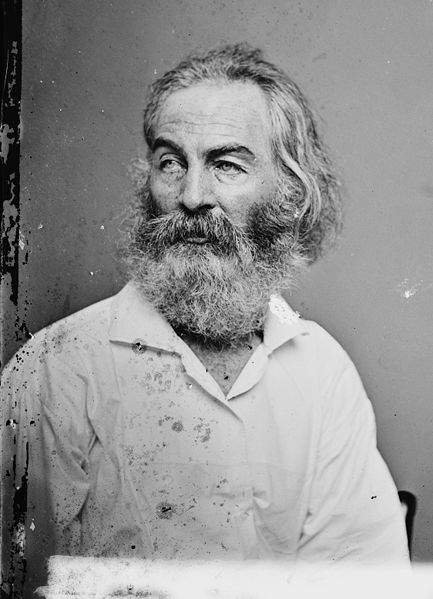
Early Autumn: A Story of a Lady
By: Louis Bromfield
Stokes, 1926
I'm noticing a trend in the Novel/Fiction category of the Pulitzer Prize winners from the 1920s. Well-to-do girl/lady who is in an unhappy marriage or who has been denied her dreams by societal norms struggles to find a way to break free. Early Autumn is no different. It tells the story of Olivia Pentland and the Pentland family that she married into. Olivia despises the pretense of living as a Pentland should live to protect and uphold the virtue of the Pentland name only to discover that, in the end, she has indeed become a Pentland herself.
As I read through Bromfield's book, I began to think about the title. Why Early Autumn? When he began to speak of Olivia's obsession with turning 40 I realized that he seemed to be referring to a time of life. Spring would be one's childhood, while summer is the glory of young adulthood when everything seems possible. Olivia sees that she is turning 40 and it means that the prime of life is over for her. She knows that she will never go after her dreams. She is in the early autumn of life and things only slow down from there.
Even though Early Autumn fits the mold of the prize winning novels of the day, I enjoyed it. Bromfield presents Olivia's trials in a relatable way. The book is easy reading - it doesn't require a lot of thinking but is a good, low stress read.



